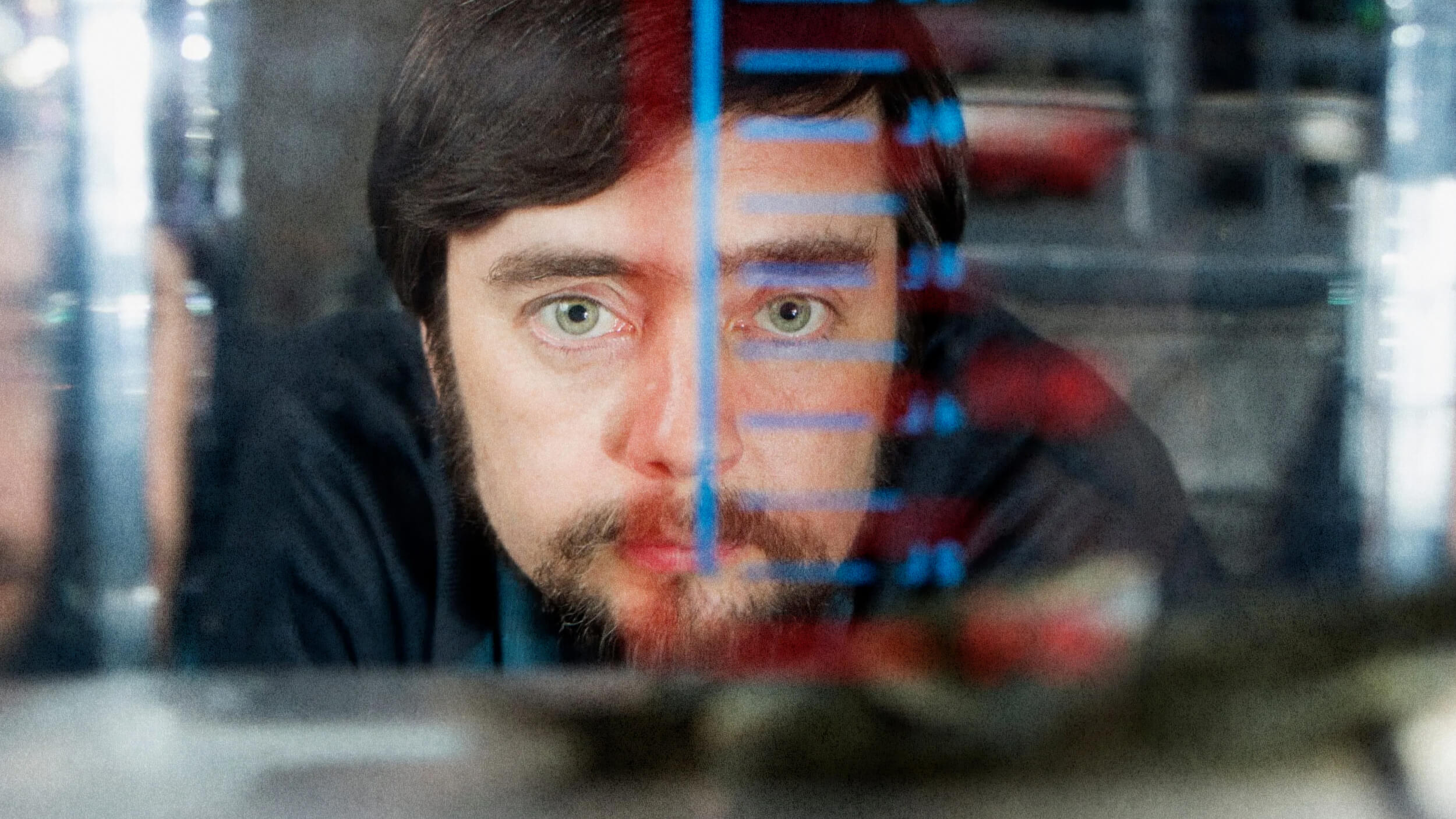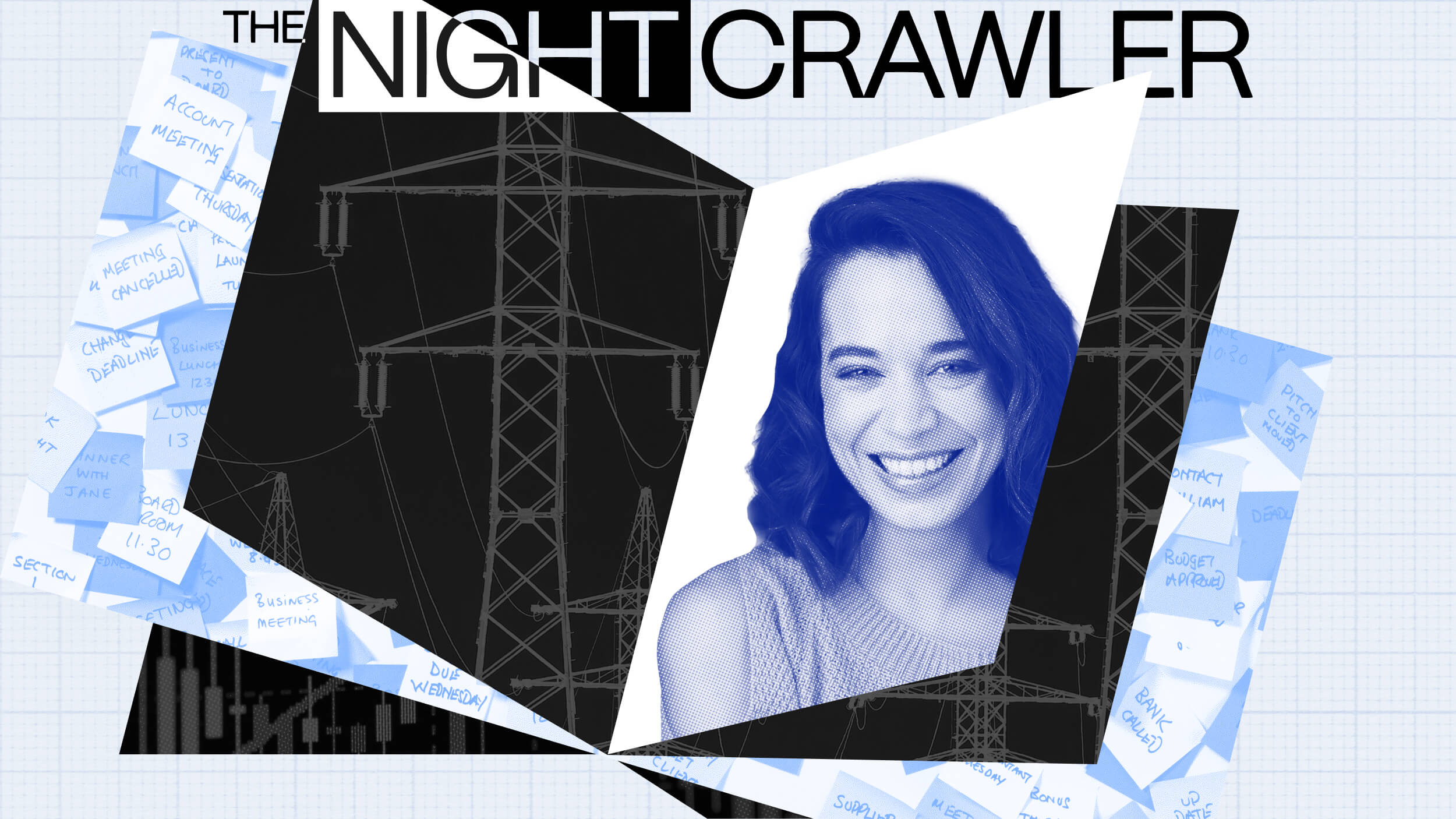Happiness Favors the Prepared Mind

What’s the Big Idea?
The markers of success in adult life include getting married, having children, making money and finding professional satisfaction. These achievements also have their corresponding failures, such as divorce and financial ruin.
We tend to have misconceptions about all of the above circumstances, both good and bad. These misconceptions are what get in the way of us achieving happiness. That is why it is crucial for us to be able to manage the outsized expectations that go along with our achievements, as well as to be able to recognize the upside of life’s inevitable disappointments.
According to Sonja Lyubomirsky, author of The Myth of Happiness, our reductive understanding of happiness is culturally reinforced, but in reality amounts to a false promise. “I’ll be happy when ____ (fill in the blank)” and its close cousin “I can’t be happy when ____ (fill in the blank) are the two most pervasive myths about happiness.
After all, there are plenty of people who are single and frustrated, unhappily married, or, on the other hand, happily divorced. Whether someone has achieved happiness or not depends not on our circumstances alone, but how we prepare ourselves, and react to these circumstances.
Watch Sonja Lyubomirsky here:
What’s the Significance?
Lyubomirsky points to research that shows how human beings are remarkably resilient — much more resilient, in fact, than we think we are. “Devastating crossroads,” Lyubomirsky writes in her book, can actually be gateways to positive changes in our lives. According to a 2010 study published in the Journal of Personality and Social Psychology, people who who have experienced some adversity in life are actually happier than those who have not, and those sufferers also gain the advantage of being “toughened up” to manage challenges later on in life.
In other words, what doesn’t kill you really does make you stronger, so long as we are able to look past “the expectations that accompany the myths of happiness,” Lyubomirsky writes.
Image courtesy of Shutterstock
Follow Daniel Honan on Twitter @Daniel Honan





